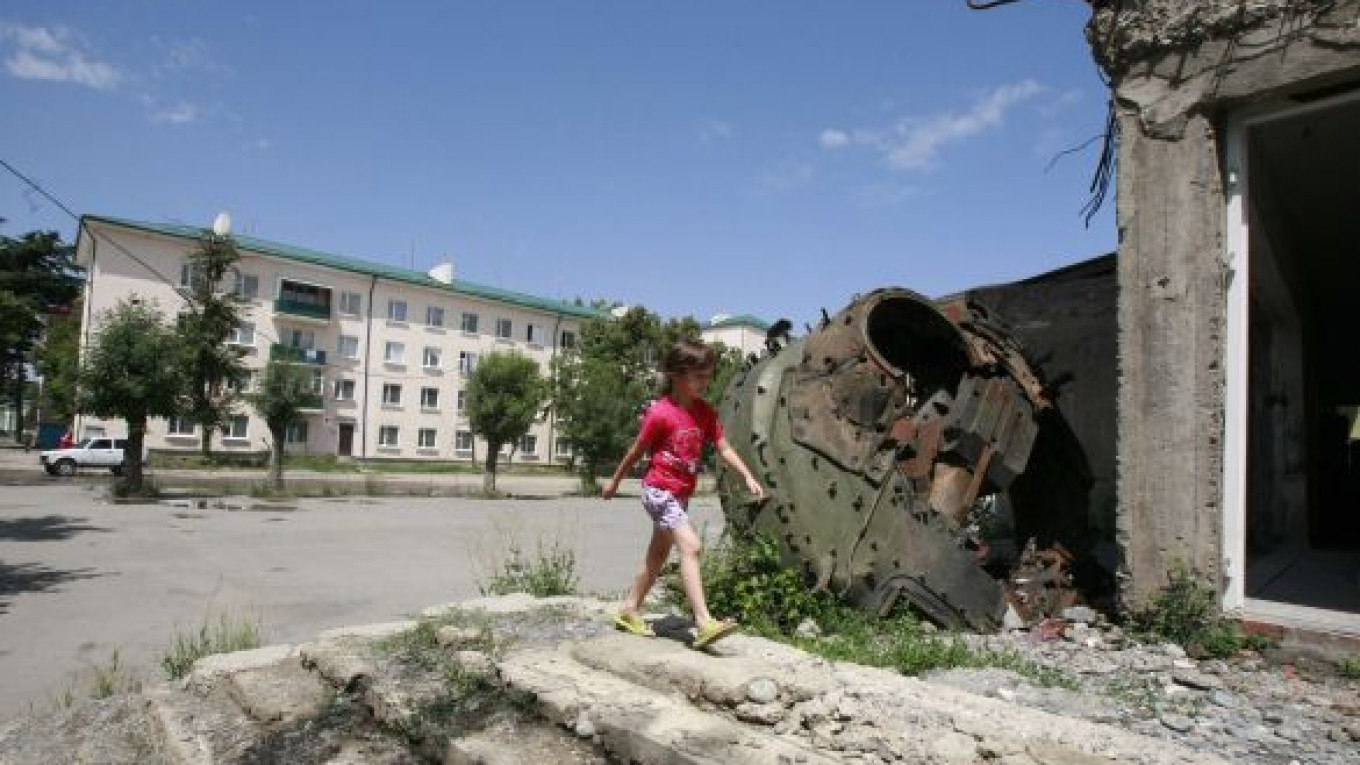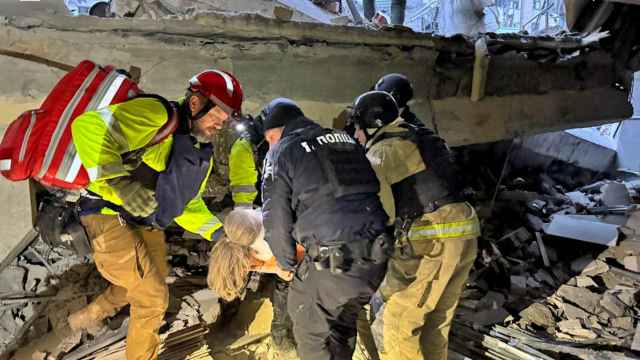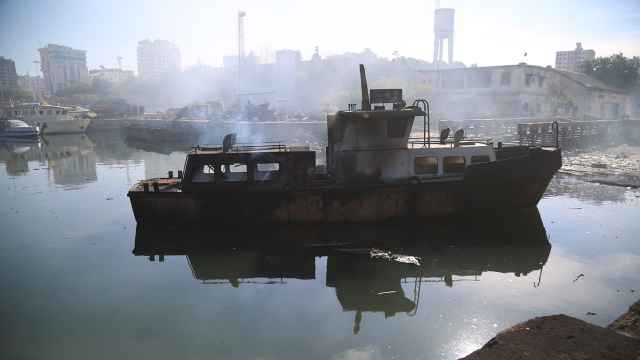The World Court's opinion that Kosovo's unilateral secession from Serbia was not illegal will send a chill through other countries that have restive minorities keen to follow Kosovo's example.
In a 9-5 nonbinding ruling Thursday on the 2008 secession, the Hague-based court said it considered "that general international law contains no applicable prohibition of declaration of independence."
Diplomats at the United Nations said the ruling underscored the clash between two cardinal principles dear to rank-and-file UN member states: self-determination, in this case for Kosovo's majority Albanians, and territorial integrity, in this case, Serbia's.
From the outset, this caused a major split among the 192 UN member states over whether to recognize Kosovo. Sixty-nine, including the United States and many of its allies, have so far done so but the rest have not, many waiting to see what the World Court said.
Some, including Serbia and Russia, which has largely subdued a separatist Islamist insurgency in Chechnya, have rejected the independence declaration.
"Our position on the nonrecognition of Kosovo's independence remains unchanged," Russia's Foreign Ministry said in a statement after the court ruling.
"It is essential to note that the court gave an assessment of only the actual declaration and specifically said it was not addressing the broader question of the right of Kosovo to secede from Serbia unilaterally," it said.
"In its conclusions, the court did not express an opinion on the consequences of this declaration, in particular, on whether Kosovo is a state, or on the legality of the recognition of the this region by a number of countries."
The United States and many in the West insist that Kosovo's statehood is a special case because it is the result of a brutal Serbian ethnic cleansing campaign against Albanian separatists that led to an international administration in 1999, when NATO ejected Serb forces after a brief aerial war.
"We call on those states, who have not yet done so, to recognize Kosovo," U.S. State Department spokesman Philip Crowley said. "Now is the time for them, for Kosovo and Serbia, to put aside their differences and move forward."
Some experts say there is no practical way to prevent other independence-minded regions from drawing inspiration from the Kosovo ruling.
"The West wants to say that this case has no precedential importance, but that's kind of a contortionist logic," said Dana Allin at the International Institute for Strategic Studies, a London-based think tank. "You can say that, but whether you can enforce it is hard to say."
Regions around the world where separatists may be energized by Kosovo's secession include Spain's Basque country and Catalonia, Scotland, Italy's ethnic German-populated Alto Adige, and parts of Romania and Slovakia populated by restive Hungarian minorities.
South Ossetia and Abkhazia, which have declared independence from Georgia, applauded the ruling, which states that such unilateral declarations of independence are not illegal under international law.
"I think the decision itself will have a great influence on the efforts we are making," said Abkhaz leader Sergei Bagapsh. "There can be no double standards."
Russia recognized the separatist regions of Abkhazia and South Ossetia as independent states after the 2008 Russia-Georgia war and has kept troops there.
Nearby, Armenian separatists in Azerbaijan's Nagorno-Karabakh region may seek to legitimize their secession dating back to the early 1990s.
In the Middle East, Kurdish politicians in Iraq's autonomous Kurdish region said they would carefully study the court decision.
The ruling could also have far-reaching effects on Indonesia, where at least two provinces, Aceh and West Papua, are seeking independence.
So far, only 69 countries of the 192 in the United Nations General Assembly, including the United States and most EU states, have recognized Kosovo since it declared independence from Serbia in February 2008. Aside from Russia, a number of important countries have refused to do so, including China, India, Brazil, Israel, Egypt, Indonesia and South Africa.
For Kosovo to obtain UN membership, it needs a two-third majority in the General Assembly, plus the approval by all five permanent members of the UN Security Council — the United States, Russia, China, Britain and France.
Serbian President Boris Tadic said special envoys were dispatched over the weekend to 55 countries asking that they not recognize Kosovo in the UN General Assembly in September.
"Serbia will do its utmost so that there are the least possible such recognitions," he said.
Kosovo Foreign Minister Skender Hyseni said he would send requests to 121 countries around the world asking for formal recognition of Kosovo's independence. He planned to travel to the United States over the weekend for some 60 meetings with representatives of various nations in an attempt to get more recognitions ahead of the General Assembly.
Russian officials insisted that Moscow would keep Kosovo out of the United Nations and other world bodies where it has a veto.
"The legal debates about Kosovo's independence will continue," Russia's envoy to NATO, Dmitry Rogozin, said in an interview broadcast on the Rossia-24 news channel.
"We will not accept the splitting of a country that is a member of the United Nations," he said. "On principle, we consider Serbia a unified whole."
(Reuters, AP)
A Message from The Moscow Times:
Dear readers,
We are facing unprecedented challenges. Russia's Prosecutor General's Office has designated The Moscow Times as an "undesirable" organization, criminalizing our work and putting our staff at risk of prosecution. This follows our earlier unjust labeling as a "foreign agent."
These actions are direct attempts to silence independent journalism in Russia. The authorities claim our work "discredits the decisions of the Russian leadership." We see things differently: we strive to provide accurate, unbiased reporting on Russia.
We, the journalists of The Moscow Times, refuse to be silenced. But to continue our work, we need your help.
Your support, no matter how small, makes a world of difference. If you can, please support us monthly starting from just $2. It's quick to set up, and every contribution makes a significant impact.
By supporting The Moscow Times, you're defending open, independent journalism in the face of repression. Thank you for standing with us.
Remind me later.






